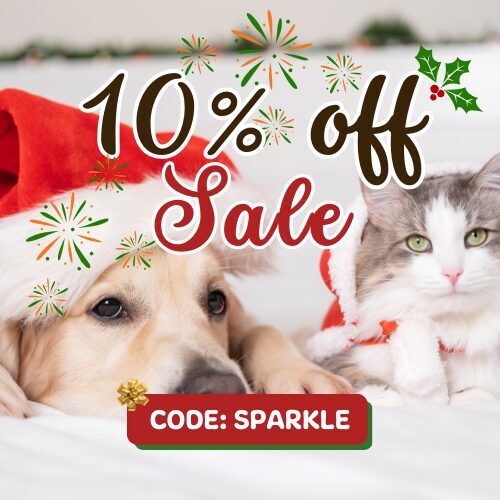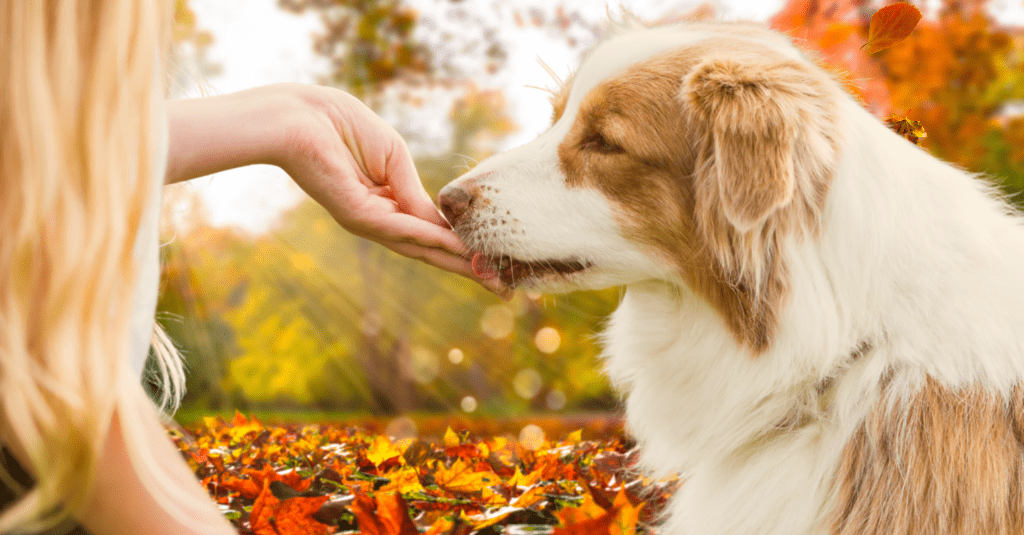-
Description
-
Ingredients
-
Dosage
-
FAQ
Description
Natural Support for Cancer in Rabbits
Generally speaking, if your bunny is developing lumps and bumps that may be cancerous, their liver is under-functioning, and their immune system has taken a hit. Cancer and tumor growth can strike a rabbit of any age, gender, or breed. Combined with genetics, there are other factors like diet, environmental allergens, stress, and infectious disease that could make your four-legged friend more susceptible to developing cancerous tumors. If you notice a mass on your rabbit's body, keep an eye on it; any mass that changes rapidly in size and texture should be examined by your vet to check it for cancer in rabbits.
How NHV Remedies Alleviate Symptoms of Tumors or Cancer in Rabbits
Tumors and cancer growth can be extremely uncomfortable for your sweet bunny friend. ES Clear is our leading cancer support supplement because many of the herbs such as burdock are known to have anti-tumor and anti-viral properties. Herbs like sheep's sorrel and slippery elm are packed full of nutrients and antioxidants which support an increase in T cell production, and white blood cell count for improved immune function. The cleansing properties of ES Clear support the elimination of wastes, help prevent liver fatigue, and promote bile flow. Detoxifying herbs like Chinese rhubarb and burdock root encourage movement to the bowels and relieve inflammation to support healthy elimination.
Support Your Pet Naturally
Your bunny’s health and wellness mean everything to us. For our cancer support kits, we have worked with a holistic veterinarian and a master herbalist to formulate gentle yet effective remedies to focus on the areas of the body most affected by cancer and tumor growth in rabbits. For any questions or concerns about your little one’s health, don’t hesitate to reach out to an NHV Pet Expert - we are here to help you every step of the way!
- item number
- PH1600r
- weight
- 0.70 LBS
- volume
- 3.4 fl. oz (100ml)
- life stages
- adult, senior, juvenile
- form
- liquid
- made in
- canada
Disclaimer: The information provided in relation to the products mentioned is intended for general informational purposes only and should not be construed as professional veterinary advice or a substitute for consultation with a qualified veterinarian. These products are not intended to diagnose, treat, cure, or prevent any pet health condition. Consult a licensed veterinarian before using any product or making changes to your pet's diet, health, or wellness routine. Individual pet health outcomes may vary, and the effectiveness of the product may depend on various factors specific to your pet. Always carefully read and follow the product label and instructions. The manufacturer and distributor of these products do not assume any liability for any direct or indirect consequences that may arise from the use of these products on pets. All information is for educational purposes only.
Ingredients
Made with the finest, organically grown or ethically harvested herbs. Made specifically for pets, vet-formulated and vet approved
- Burdock root is rich in minerals such as calcium, iron, riboflavin, phosphorus, and thiamine to help encourage healthy elimination and support any kind of metabolic disorder.
- Chinese Rhubarb is beneficial for helping the body eliminate toxins and support healthy bowel movements.
- Sheep’s Sorrel is full of antioxidants and nutrients that support the immune system by increasing white blood cell count and T-cell production.
- Slippery Elm contains a rich source of vitamins and minerals that soothes and lubricates the entire GI tract.
Inactive ingredients such as water, glycerin, or bases for ointments like olive oil are not listed in this ingredient tab. For a full list of ingredients, please see the label picture on the bottle, shown above. Information about ingredients is for educational purposes only. It is important to always refer to the product label for the most accurate and up-to-date information regarding ingredients.
Dosage
FAQ
How do I know if my rabbit has cancer?
It really depends on what kind of cancer, but common cancers in bunnies are lung cancer and uterine cancer (in female rabbits).
Symptoms may include hard masses developing on the body and possible behavioral changes like decreased energy levels or a lowered appetite.
How common is rabbit cancer?
Cancer is fairly common in bunnies older than 3–4 years. The most common type of cancer growth in female rabbits is a uterine adenoma. Around 60% of all unspayed female rabbits (older than 3 years) will develop a tumor in their uterus, and by the age of 6, this may be as high as 80%.
What are some general care considerations for a rabbit?
Rabbits are becoming very popular pets! And just like humans, they require food, shelter, a social life, and love. However, unlike humans, rabbits are herbivores, so they derive all of their nutrients from plant sources.
To learn more about how to care for a pet rabbit, read our blog post!
Do you need a vet for rabbits?
Yes. We recommend looking for a vet that specializes in pocket pets such as hamsters, gerbils, rabbits, hedgehogs, guinea pigs, chinchillas, and exotics.
No one wants to hear that their little bun has cancer! But the good news is that if you detect it early, you can get on top of symptoms and allow your fluffy friend to maintain a good quality of life and many hoppy days ahead!



 USD
USD
 Canadian Dollars
Canadian Dollars






